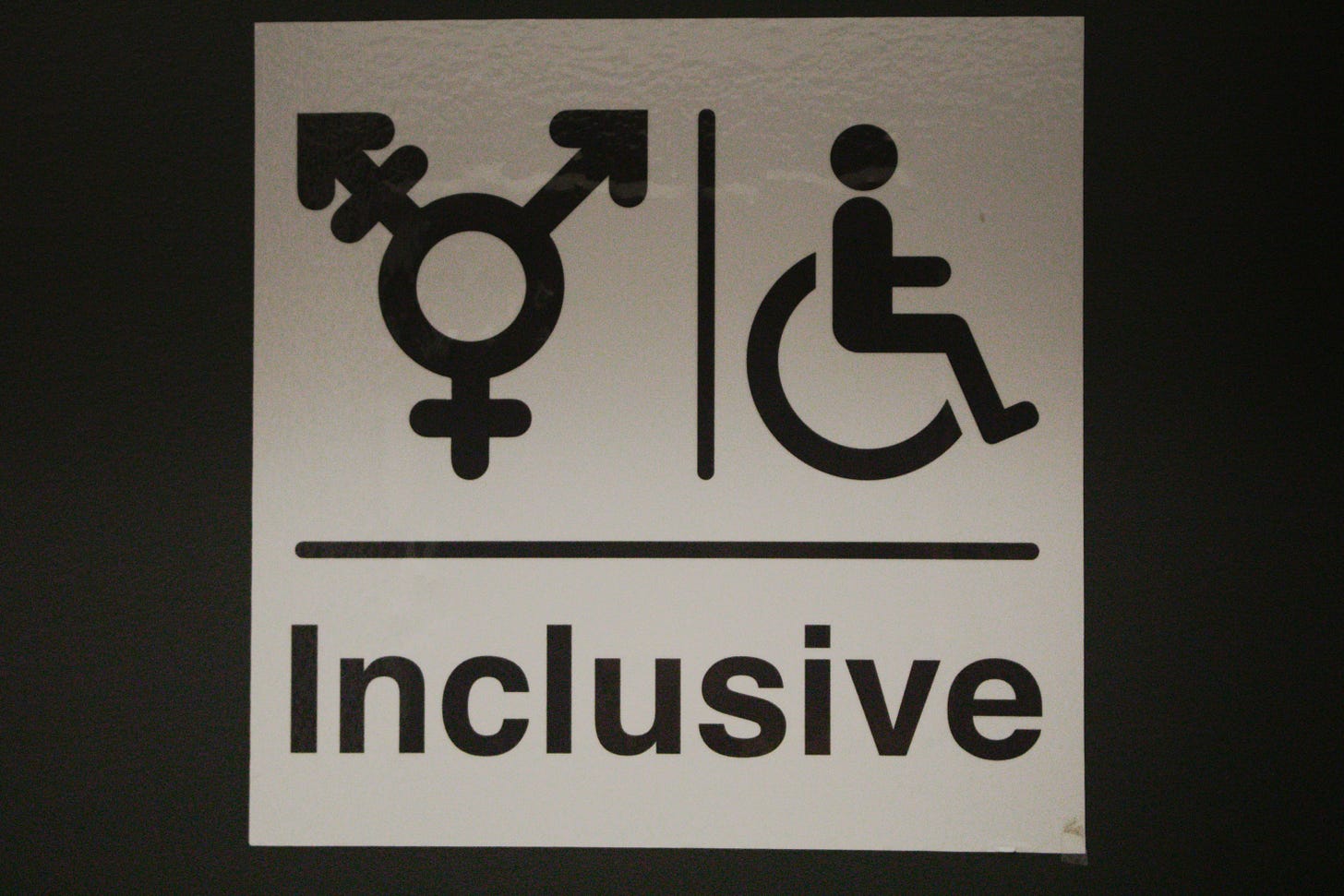Taking disability out of backrooms and getting them to the boardroom ......

Inclusion is vital for society because it fosters equality, strengthens social cohesion, and unlocks the full potential of diverse communities. It ensures that every individual—regardless of background or ability—can participate, contribute, and thrive.
Why Inclusion Matters
Here are the key reasons inclusion is such a powerful force in shaping a better society:
🧠 Boosts Innovation and Creativity
Diverse groups bring varied perspectives, leading to more creative solutions and breakthroughs.
Inclusive environments encourage open dialogue and challenge conventional thinking.
🤝 Promotes Social Cohesion
Inclusion builds mutual respect and understanding across cultures, identities, and experiences.
It reduces social friction and fosters a sense of belonging, which is essential for peaceful coexistence.
💼 Drives Economic Growth
Companies with inclusive practices are more profitable and productive.
Inclusive hiring expands the talent pool and improves team performance.
🧘♀️ Improves Mental Health and Well-being
Feeling valued and included enhances self-esteem and reduces stress.
Inclusive spaces help combat isolation and discrimination.
📚 Enriches Learning and Development
Inclusive education exposes students to diverse viewpoints, preparing them for global citizenship.
It cultivates empathy and critical thinking.
⚖️ Advances Human Rights and Equality
Inclusion ensures equal access to opportunities, resources, and representation.
It aligns with legal frameworks like the Equality Act 2010 and the Disability Discrimination Act 1995.
Inclusion isn’t just a moral imperative—it’s a strategic advantage. When societies embrace everyone, they become more resilient, innovative, and united.
Disability Inclusion
Disability inclusion in the boardroom is gaining momentum, but it still lags behind other diversity metrics, such as gender and race. Companies are increasingly recognising the strategic value of including disabled voices in leadership, yet legal mandates and representation remain limited.
🧩 Why Disability Inclusion at the Board Level Matters
Boardroom decisions shape company culture, strategy, and accountability. Including disabled leaders ensures:
Broader perspectives on accessibility, product design, and workforce inclusion.
Better representation of the 1 billion+ people globally living with disabilities.
Stronger ESG performance, as disability inclusion is increasingly tied to social responsibility metrics.
🏛️ Current Landscape and Challenges
Few legal mandates exist globally that require companies to disclose the representation of people with disabilities on their boards.
Only 7% of companies in the 2023 Disability Equality Index included disability in board diversity definitions.
Market forces, not regulation, are driving most disclosure and inclusion efforts.
🔑 How Companies Are Making Decisions
Leading firms are shifting from tokenism to transformation:
Purpose-driven leadership: Executives align disability inclusion with the company's mission and values.
Psychological safety: Creating environments where disabled employees feel safe to self-identify and contribute.
Reverse mentoring: Senior leaders learn directly from employees with disabilities to gain a deeper understanding of the barriers and opportunities they face.
Data transparency: Firms like Sky publicly report disability metrics and use them to guide strategy.
🚀 Initiatives Driving Change
Boards Are IN: A campaign urging companies to modernise governance charters to include disability in diversity definitions.
Valuable 500: A global movement of CEOs committed to disability inclusion, with programs like Generation Valuable mentoring.












0 Comments